Now Reading: Muhammadu Buhari Death: 5 Things Nigerians Will Miss About The Former President
-
01
Muhammadu Buhari Death: 5 Things Nigerians Will Miss About The Former President
Muhammadu Buhari Death: 5 Things Nigerians Will Miss About The Former President

Love him or loathe him, Muhammadu Buhari left an indelible mark on Nigeria’s political and social landscape. As a former military head of state who returned as a two-term democratic president, Buhari’s presidency remains one of the most debated in Nigeria’s modern history.

Global Hints previously reported that former President Muhammadu Buhari passed on in a London clinic at the age of 82. The announcement, confirmed by family sources and close aides, marked the end of an era in Nigerian politics.
Yet, beyond the controversies and criticisms that dogged his time in office, there are notable aspects of his leadership Nigerians may come to miss particularly as the country continues to navigate new political and economic realities under his successor.
In this article, we explore five impactful areas of Buhari’s legacy that Nigerians regardless of political leanings are likely to look back on with a mix of reflection, nostalgia, and perhaps, appreciation.
1. Buhari’s Unwavering War Against Corruption
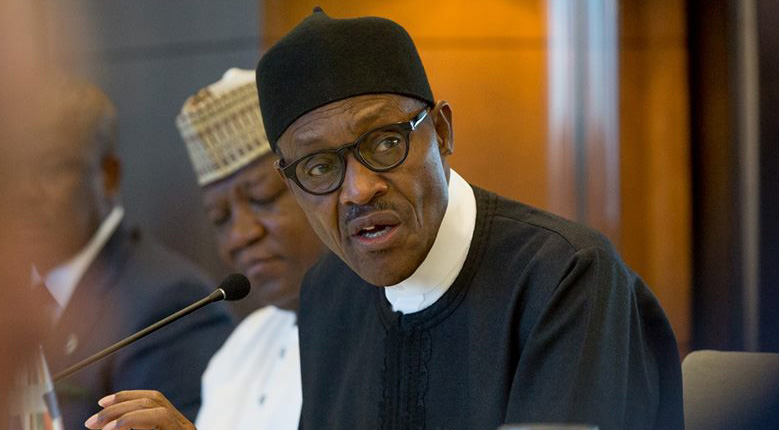
One of the most consistent themes of Muhammadu Buhari’s presidency was his anti-corruption drive, a commitment that dated back to his days as a military ruler in the 1980s. Upon his return as a democratically elected president in 2015, Buhari made fighting corruption a central pillar of his administration.
-
Revived and empowered agencies like the Economic and Financial Crimes Commission (EFCC) and the Independent Corrupt Practices Commission (ICPC)
-
High-profile arrests and prosecutions involving former ministers, governors, and public servants
-
Implementation of the Treasury Single Account (TSA), which centralized government revenues and improved transparency
-
Adoption of BVN and NIN linkages to curb identity-based financial fraud
While critics argue that the anti-corruption fight was selective, many Nigerians admired Buhari’s personal integrity and zero-tolerance posture.
“You may not like his methods, but he gave corruption a serious headache,” says Ibrahim Abdul, a civil society advocate in Kaduna.
2. Muhammadu Buhari Focus on Security
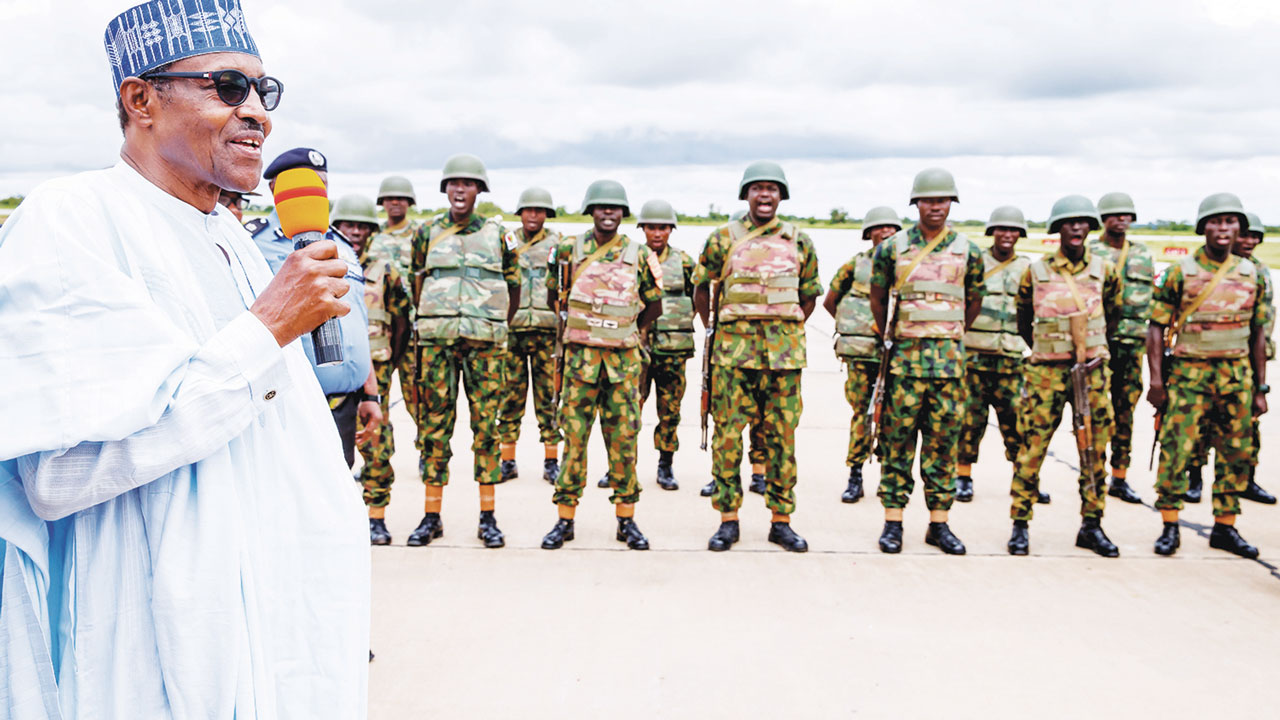
Military operations and security reform
Security under Buhari was both a triumph and a tragedy. While his government faced criticism over rising banditry and kidnappings, Buhari’s military background informed decisive action in several conflict zones especially in the early days of his presidency.
-
Boko Haram insurgents lost control of most territories captured pre 2015, including key strongholds like Gwoza, Baga, and Sambisa Forest
-
Procurement of military hardware from the US, Turkey, and China (e.g., Super Tucano jets, drones, and armored vehicles)
-
Establishment of regional security alliances like the Multinational Joint Task Force (MNJTF)
-
Launched the Operation Safe Haven and Operation Hadin Kai to combat insurgency in the North-East and Middle Belt
While security remained a major concern by the end of his term, many Nigerians acknowledged Buhari’s effort to professionalize the armed forces and modernize the security architecture.
3. Infrastructure: Roads, Rails, and Rebuilding Nigeria
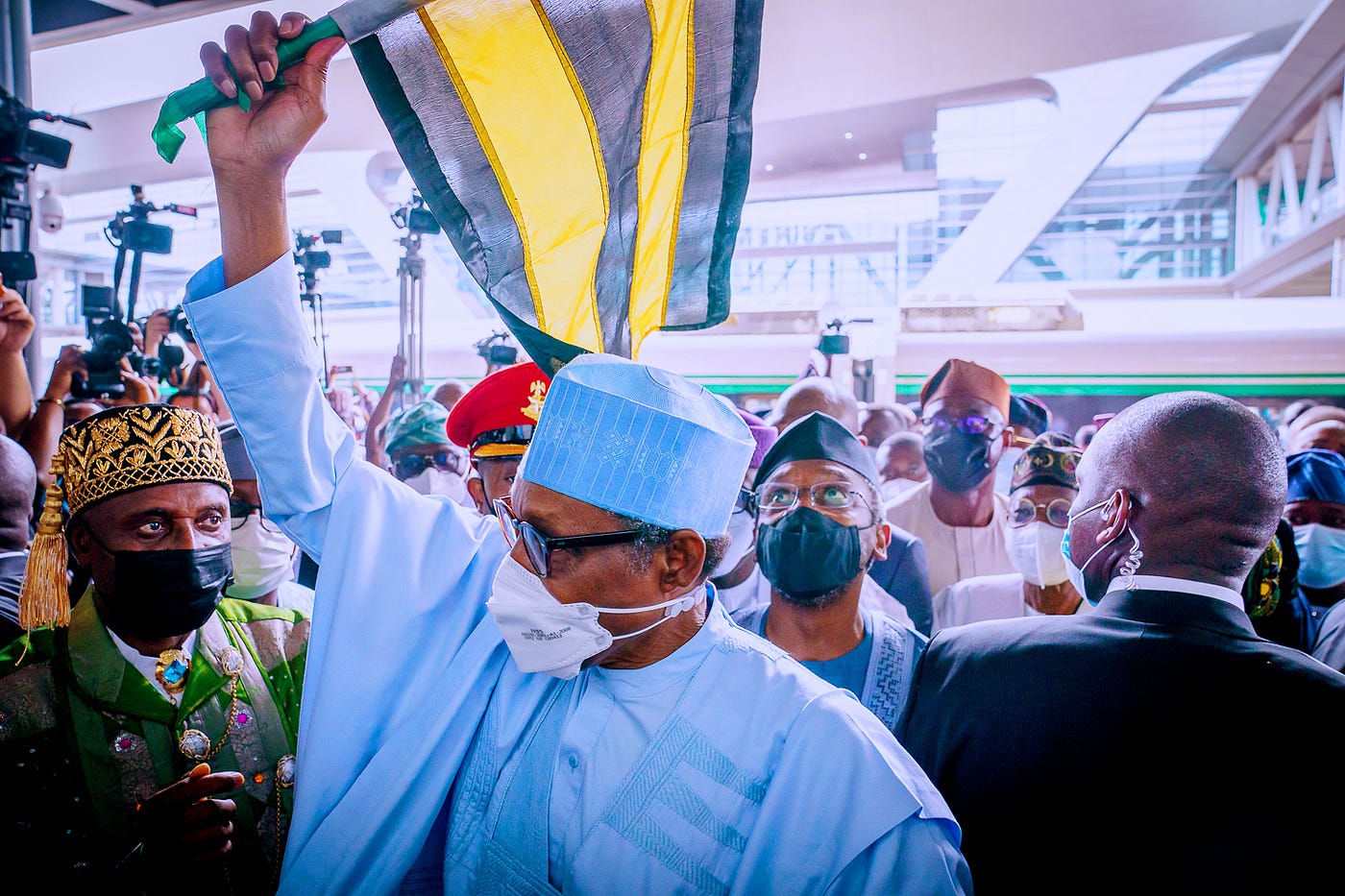
If there is one thing Nigerians across political divides will associate with Buhari’s presidency, it’s infrastructure.
Unlike past governments that focused heavily on recurrent expenditures, Buhari’s administration was notable for capital projects, many of which had lingered for years.
Major Projects:
-
Completion of the Lagos-Ibadan Standard Gauge Railway
-
Rehabilitation of the Abuja-Kaduna-Zaria-Kano expressway
-
Construction of the Second Niger Bridge, a long-awaited project that connects the South-East to other regions
-
Revamp of the Abuja-Kaduna railway, which significantly improved travel and trade
-
Expansion of airport terminals in Lagos, Abuja, Kano, and Port Harcourt
Under his Presidential Infrastructure Development Fund (PIDF) and in partnership with Sovereign Wealth Fund, Nigeria saw one of its most active eras of physical development since the 1970s.
4. Agricultural Renaissance and Food Security
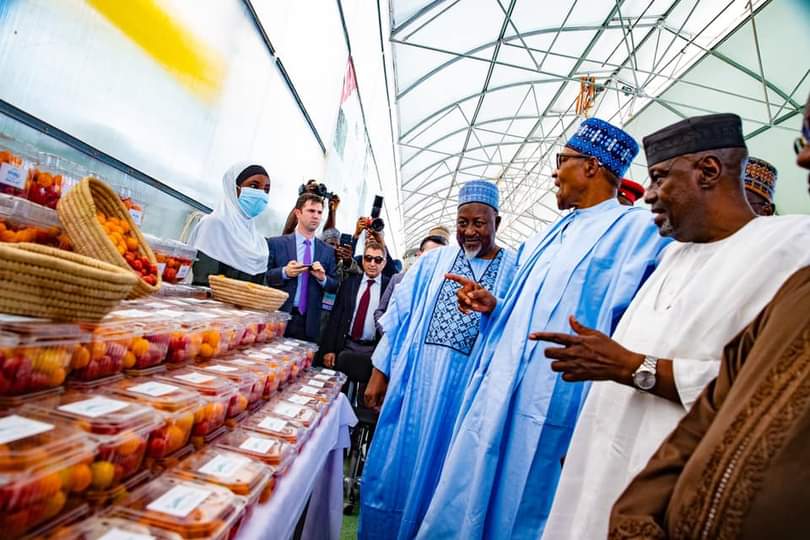
Buhari’s presidency will be remembered for its “back to the land” philosophy. Amid declining oil prices, his administration prioritized agriculture as a tool for economic diversification.
Key Agricultural Initiatives:
-
The Anchor Borrowers’ Programme (ABP), which empowered thousands of rice, maize, and cassava farmers with low-interest loans
-
Ban on foreign exchange for food imports, particularly rice, poultry, and tomatoes
-
Establishment of rice mills and integrated farm estates in states like Kebbi, Ebonyi, and Kano
-
Increase in local rice production, reducing dependency on Thailand and India
Despite criticism over rising food prices and inflation, the agricultural push created jobs and encouraged youth farming through N-Power Agro and Green Imperative projects.
“For the first time, my community saw real support for farmers,” says Hauwa Lawal, a female rice farmer in Niger State.
READ ALSO: Breaking: Former President Muhammadu Buhari Dies in London Clinic at 82
5. Quiet Leadership, Strong National Symbolism

President Buhari’s stoic demeanor and austere lifestyle stood in sharp contrast to some flamboyant leaders of the past. Many Nigerians, especially the older generation, found his discipline and simplicity refreshing.
Symbolic Traits Nigerians May Miss:
-
Lived modestly, rarely throwing lavish ceremonies or extravagant state banquets
-
Refused to flaunt wealth or power no private jets or luxury motorcades beyond protocol
-
Known for punctuality, military discipline, and commitment to due process
-
Never interfered openly in judicial processes or electoral commissions, allowing a more credible INEC under Prof. Mahmood Yakubu
Though often criticized for lack of communication, Buhari’s demeanor represented an era of “less talk, more action” leadership that many Nigerians respected even if begrudgingly.
Buhari’s Legacy, Unforgettable Era
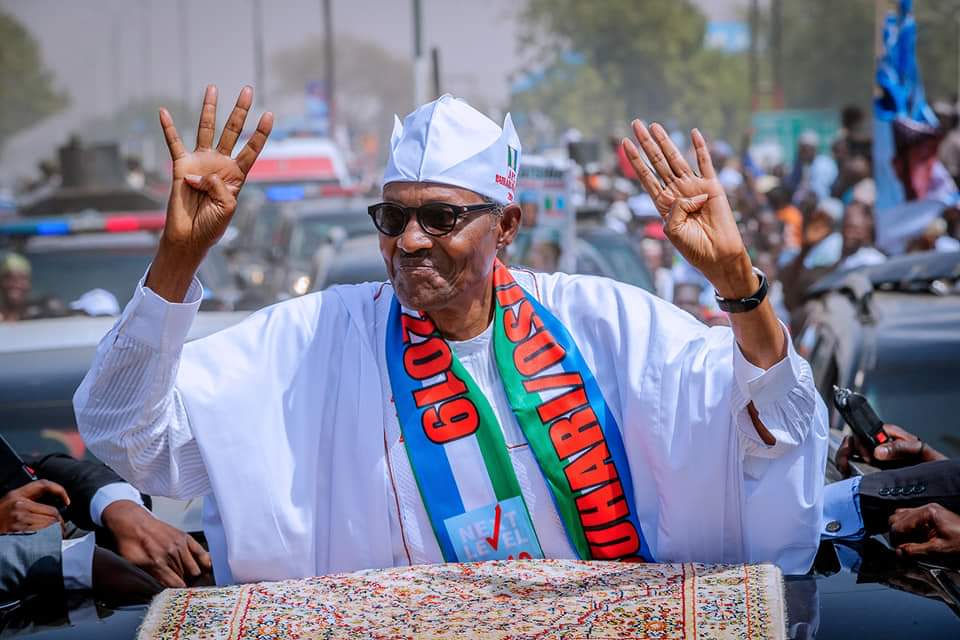
Muhammadu Buhari’s time as president was anything but smooth. Critics point to currency devaluation, insecurity in parts of the North-West, and the rising cost of living. But even his most vocal opponents agree: his presidency changed Nigeria in many significant ways.
From a new focus on agriculture and infrastructure to anti-corruption reforms and military modernization, Buhari shaped the country’s path one policy at a time.
Nigerians may miss him not because he was perfect, but because he represented a different kind of leadership: slow, methodical, and principled, even if flawed.
Below are some reactions about Muhammadu Buhari’s Death:
The passing away of a legend, the former Nigerian President Muhammadu Buhari, May Allah have mercy on his soul, brought me to tears!
He was an upright man, who never missed his prayers and a very disciplined believer who served his people to the best of his ability. His name was… pic.twitter.com/uIPQrg3OOL
— Mufti Menk (@muftimenk) July 13, 2025
Inna lil Laahi wa inna ilaiHi Raaji’un!
The eyes shed tears, and the heart is grieved, but we do not say anything except what pleases our Lord. O Baba Buhari, we are grieved by your separation.
May Allah forgive his shortcomings and admit him into Jannatul Firdaus. pic.twitter.com/45MRDn5MRd— Prof. Isa Ali Ibrahim, CON (@ProfIsaPantami) July 13, 2025






